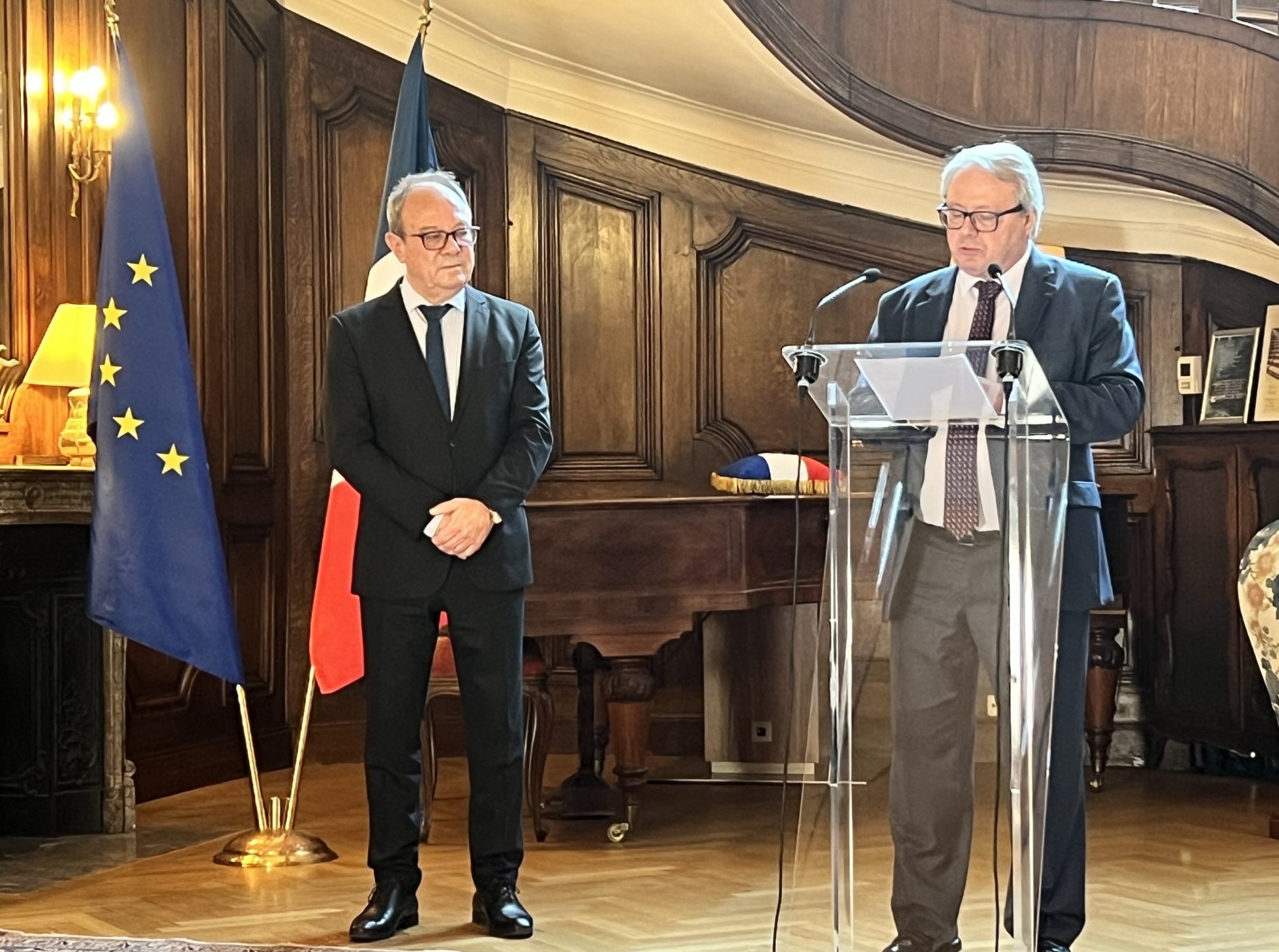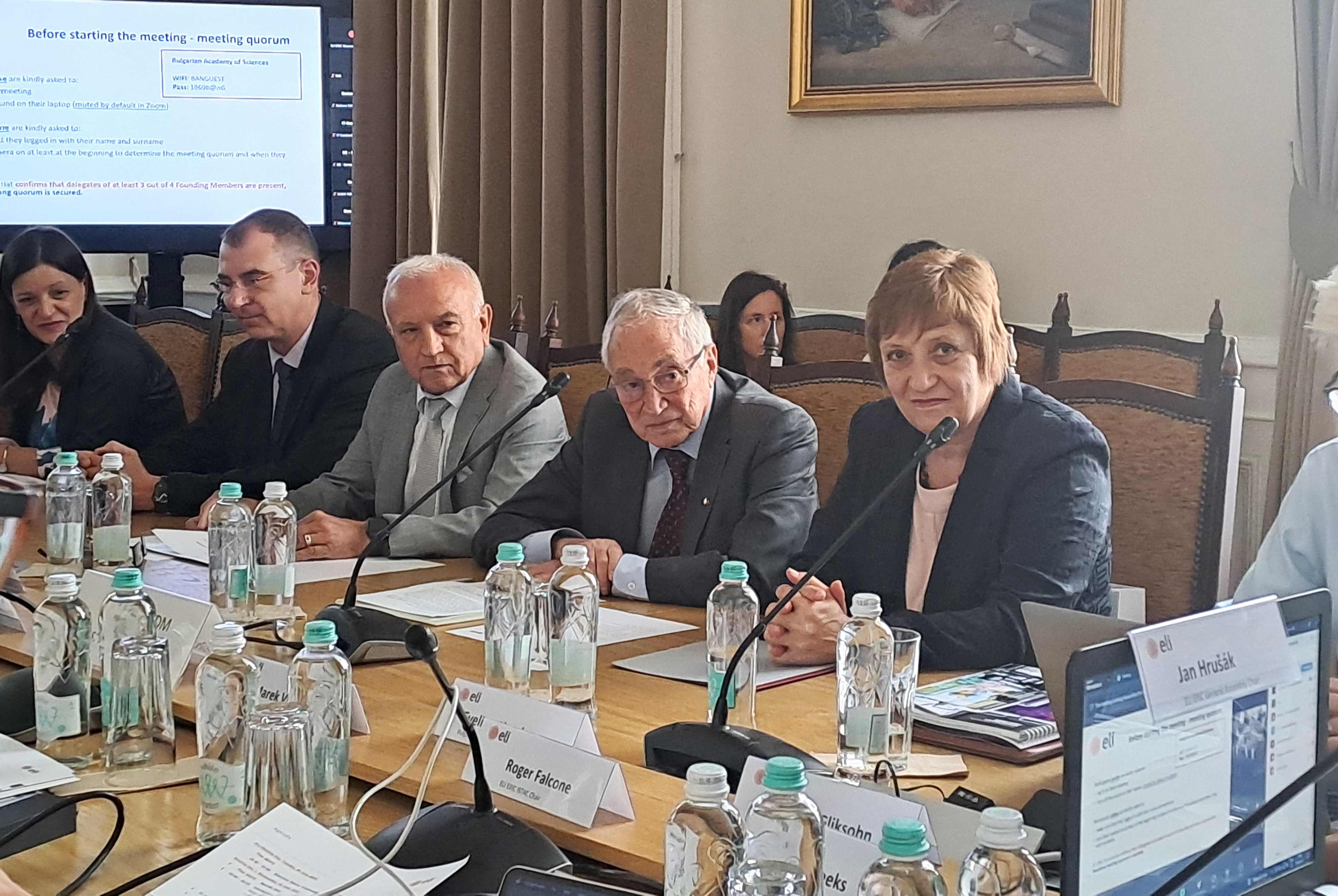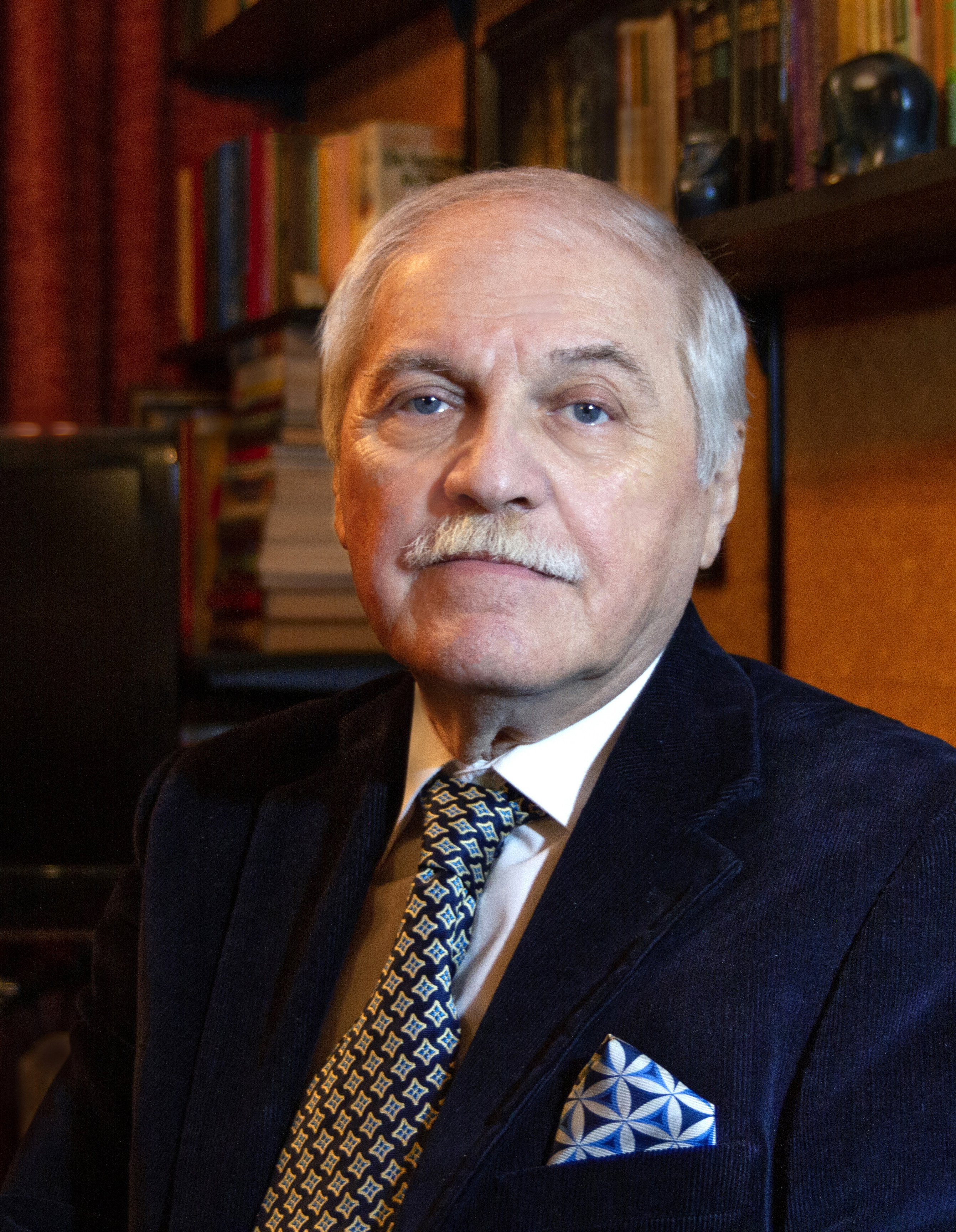Contrary to the prevailing public opinion that corruption is the number one problem, business in Bulgaria manages to overcome it. This was stated by Prof. Spartak Keremidchiev from the Economic Research Institute at BAS during the conference “Economic Development and Policies: Reality and Prospects. European Integration, Convergence and Cohesion” organized on the occasion of the 75th anniversary of the Institute.
In his paper “Unanswered Questions on Business Corruption”, the economist compares the results of 3 international studies on business corruption in the country in order to draw attention to the fact that policies to curb this parasitic phenomenon for the economy require correct information on its state and dynamics and that corruption in the private sector has so far escaped the attention of researchers, even though its dimensions are not so small.
The first cited Worldwide Governance Indicators (WGI) study in Prof. Keremidchiev’s paper examines the long-term status and trends of business corruption in the country for the period from 1996 to 2022. The Corruption Control Index score of 45 in 1996 became 50 in 2022, with a maximum value of 100, an improvement of only 5 points over 26 years – Figure 1.
Another interesting fact is that changes in this index have a wave-like development – 4 periods of improvement followed by declines can be deduced. All the peaks achieved after the first wave from 1996 to 2008 did not reach its level but fluctuated at a lower level – between 48 and 51 points. After 2020, a period of new improvement comes which probably marks the beginning of a fifth consecutive cycle in the dynamics of the corruption control index, the economist said.
The summary results of the Eurobarometer on business corruption in Bulgaria are presented in Figure 2. They are for a shorter period – from 2013 to 2024, and in 2013 and 2019 there is a strong polarisation of business responses on the extent to which corruption is a problem for them. Like the WGI data, there is a cyclical pattern, with an improvement in the state of corruption from 2017 to 2019, followed by a deterioration in 2019-2022. After that, a new wave of improvement begins, Prof. Keremidchiev highlighted.
Greater specificity on the impact of corruption on businesses is obtained when answering the question of how serious a constraint and the highest barrier the phenomenon is for them. The Enterprise Survey provides information on this – Figure 3.
The categorical conclusion is that there has been a significant improvement in 2007-2023. Responses to the question of whether corruption is a serious constraint drop from 46% to below 20% at the beginning and end of the period. There is a similar trend for the question on the extent to which corruption is the most important constraint to business, with responses falling from 13.4% to 4.9% in the two end years. Apparently, businesses have managed to overcome this problem and do not find it a serious constraint to their development, Prof. Keremidchiev says.
The Eurobarometer data on corruption in the public procurement system – Figure 4 – shows that about 90% of businesses believe that corruption is widespread. A much smaller proportion of businesses claim that corruption has prevented them from winning public contracts.
A fundamental change occurs in 2024 when only 36% of managers say that corruption has prevented them from winning public contracts while 59% are of the opposite opinion. The reason for this, according to Prof. Keremidchiev, is in the filter introduced to survey only companies that have participated in public procurement in the last 3 years. This significant change shows that businessmen are influenced by public attitudes and tend to downplay their own experience, the economist stressed.
Another interesting conclusion that can be drawn is about the level of corruption in the private sector. If it is assumed that corruption in the public sector occurs mainly in public procurement, then the difference with the overall prevalence of corruption is the prevalence of corruption in the private sector. The resulting share is about 33 percent but corruption in the private sector is not addressed by researchers or in national strategy documents, Prof. Keremidchiev noted. He said this should change because the two sectors interacted and there was probably an overflow of corrupt practices from one sector to the other and vice versa.






